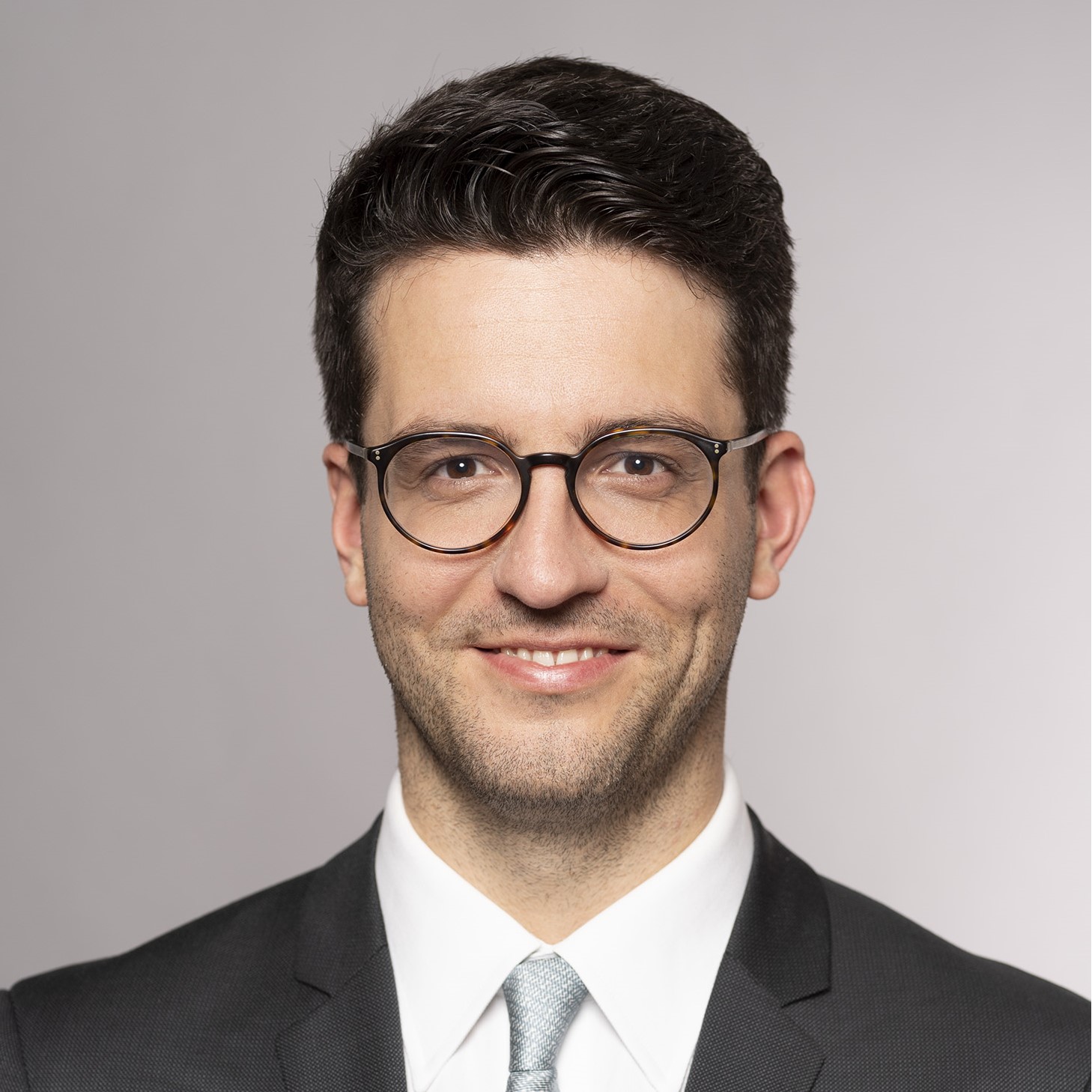18.06.2025
News Arbitration Landscape – Singapore: Shaping the Future of Arbitration: Updates to SIAC Rules 2025

The Singapore International Arbitration Centre (“SIAC”) was established in 1991 as an independent, non-profit organisation and is a leading international arbitration institution providing neutral dispute resolution services to the global business community. SIAC has an experienced international panel of over 600 expert arbitrators from over 40 jurisdictions. SIAC has its own set of rules, the SIAC Arbitration Rules, which govern the arbitration proceedings. On 9 December 2024, SIAC published the long-awaited update to its Arbitration Rules (the “2025 SIAC Rules”) which came into force on 1 January 2025. In addition to structural updates, the 2025 SIAC Rules introduce a number of changes aimed at modernising and streamlining the arbitral process, promoting cost-effectiveness and procedural efficiency, and maintaining arbitral integrity. The SIAC also announced revisions to its Schedule of Fees, which also took effect on 1 January 2025. The 2025 SIAC Rules were developed following extensive public consultation and thus in collaboration with SIAC’s users and stakeholders.
Rule 13, Schedule 2 introduces the Streamlined Procedure for low value disputes (not exceeding SGD 1 million) of low complexity or where parties agree to its application at any time prior to the constitution of the tribunal. The Streamlined Procedure requires an award to be made within 3 months from the date of constitution of the tribunal. The tribunal’s fees and SIAC administrative fees in arbitrations under the Streamlined Procedure are capped at 50% of the maximum limits under the Schedule of Fees.
Complementing the introduction of the Streamlined Procedure, the threshold for parties to request for the Expedited Procedure (Rule 14, Schedule 3) has been raised to SGD 10 million.
Whilst the previous SIAC Rules (the “2016 SIAC Rules”) did not expressly provide for Preliminary Determination, Rule 46 explicitly empowers the tribunal to make a final and binding determination of any issue in an arbitration at a preliminary stage if (i) both parties agree, (ii) the applicant is able to demonstrate that the determination would save time and costs or expedite the resolution of the dispute, or (iii) where the tribunal determines that the circumstances of the case warrant it.
Where the tribunal accepts an application for preliminary determination, it must render its decision, ruling, order or award within 90 days upon date of application, facilitating a swift resolution of specific issues.
The 2025 SIAC Rules introduce enhancements to improve the ability of parties to obtain urgent interim and conservatory measures. Whereas the 2016 SIAC Rules provided for the appointment of an Emergency Arbitrator for urgent interim relief after the Notice of Arbitration was filed, applicants may now request the appointment of an Emergency Arbitrator prior to submitting a Notice of Arbitration, with the Notice to be required to be filed within 7 days. Parties now also can seek protective preliminary orders directing a party not to undermine the purpose of the emergency interim or conservatory measure requested, prior to notifying any counterparties of the application seeking the appointment of an Emergency Arbitrator. The Emergency Arbitrator must determine the request for a protective preliminary order within 24 hours of their appointment. An applicant must promptly transmit any such preliminary order to any counterparties within 12 hours of the order, failing which the protective preliminary order shall expire 3 days after the date on which it was issued.
The new Rule 17 introduces an explicit mechanism to specifically provide for the coordinated resolution of multiple arbitrations involving common legal or factual issues where the same tribunal has been appointed. The aim is to streamline the resolution of multiple complex arbitrations, reduce the risk of contradictory outcomes, and avoid duplication of costs across multiple proceedings.
Pursuant to Rule 17, a party may request that the multiple arbitrations be either conducted concurrently or sequentially, be heard together with aligned procedural steps, or that one of the arbitrations be suspended pending the determination of any of the other arbitrations.
New Rule 11 empowers the Registrar to conduct administrative conferences with the parties, prior to the constitution of the tribunal, to discuss any procedural or administrative directions to be made by the Registrar under the Rules.
Tribunals are not only trimmed to raise the prospect of adopting amicable resolution methods at the first case management conference (Rule 32.4) but are now also empowered to make any directions including a suspension of proceedings to allow parties to adopt such amicable dispute resolution methods at any stage of the arbitration process (Rule 50.2). Furthermore, parties are encouraged to explore such amicable dispute resolution methods at the inception of the arbitration (Rules 6.4 and 7.3).
Whereas the 2016 SIAC Rules did not require parties to disclose third-party funding agreements, the new Rule 38 requires parties to disclose the existence of such and the identity and contact details of the third-party funder in their Notices or Responses or as soon as practicable upon concluding a third-party funding agreement.
Notices or Responses or as soon as practicable upon concluding a third-party funding agreement. Rule 38 further empowers tribunals to order such disclosures, and take into account any third-party funding agreement in apportioning costs. It further prescribes that, following the constitution of the tribunal, a party is not allowed to enter into a third-party funding agreement which may give rise to a conflict of interest with a member of the tribunal.
If a contract explicitly makes reference to the 2016 SIAC Rules, those rules remain binding for disputes arising under that contract. However, if a contract refers broadly to the “SIAC Rules,” without specifying the version, the latest rules in force at the time of the arbitration (i.e., the 2025 Rules) will apply. SIAC’s practice and arbitration law typically prioritize the application of the latest rules to promote procedural efficiency and align with modern practices.

Dr Maximilian Kressner, M.Jur. (Oxford)
Partner
Singapore
maximilian.kressner@luther-lawfirm.com
+65 6408 8000

Jan Zimmer
Senior Associate
Singapore
jan.zimmer@luther-lawfirm.com
+65 6408 8000